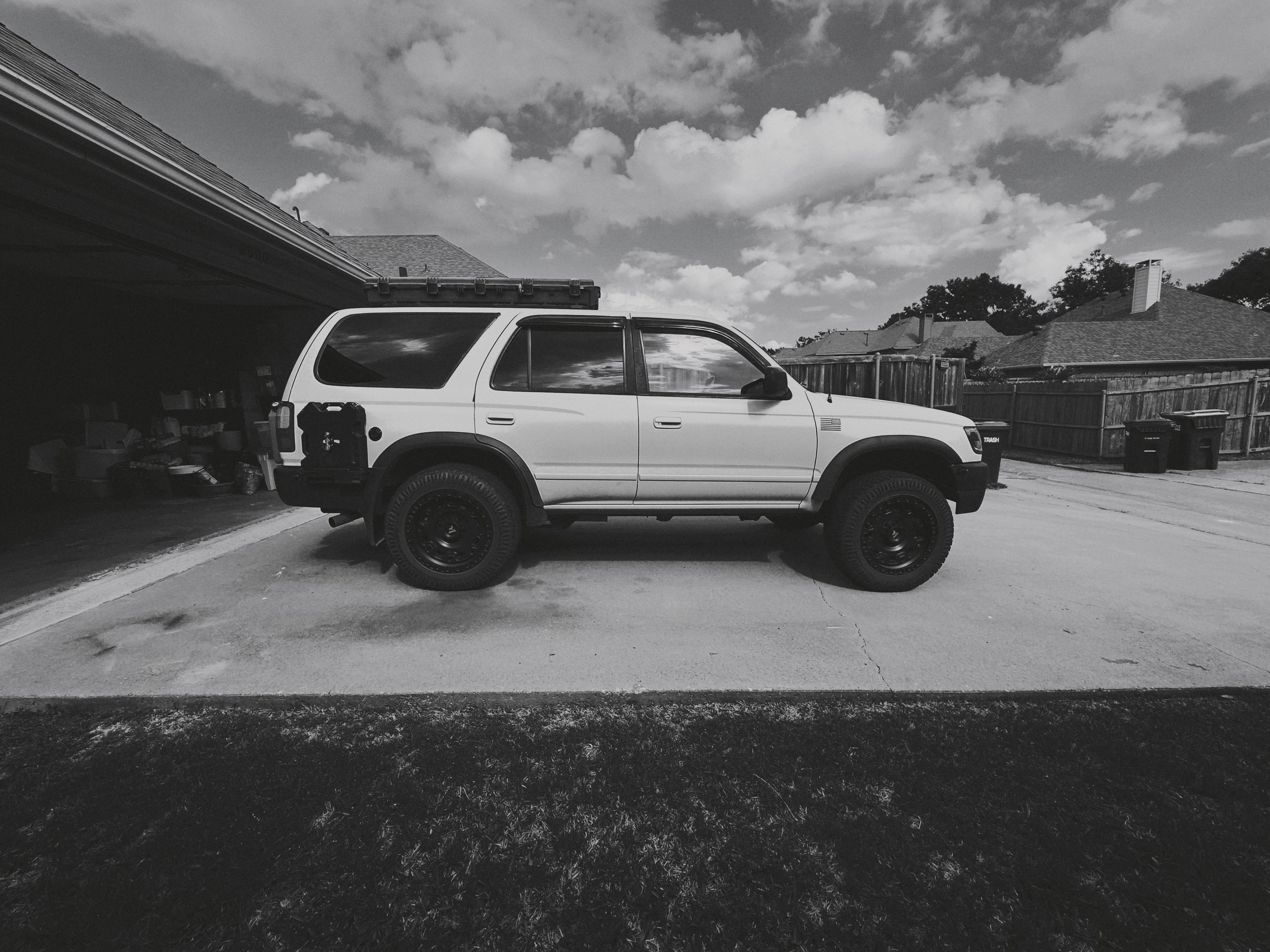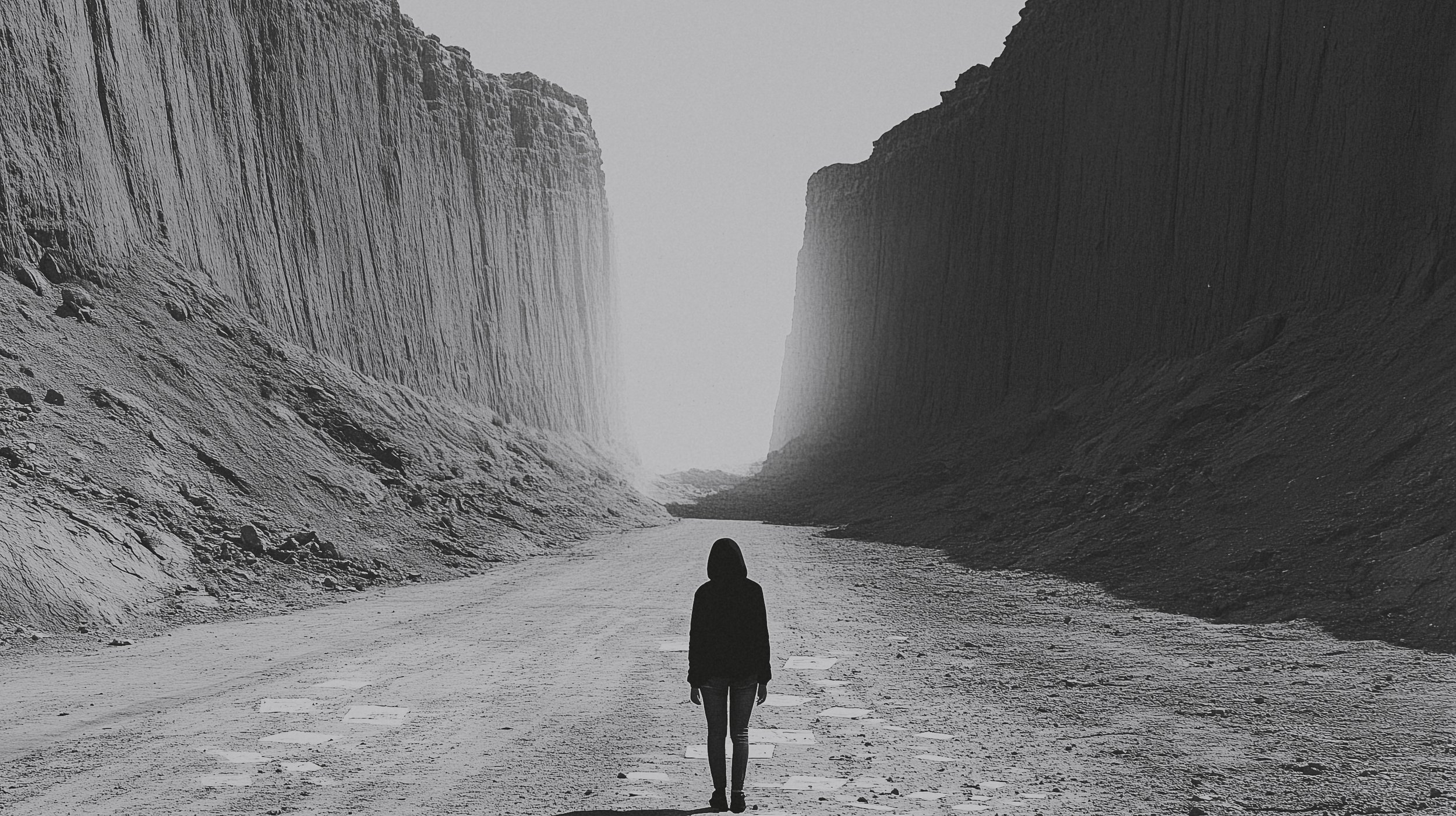What Gear Do You Really Need to Start Overlanding?

Here’s the blunt truth: you don’t need a rooftop tent, satellite rig, or $80,000 Tacoma build to get into overlanding.
You need grit. A little curiosity. And a rig you trust.
Too many folks get paralyzed thinking overlanding is a gear game. It’s not. It’s a mindset. Start with what you’ve got, get outside, and build from there.
When I started getting serious about backcountry travel, I didn’t buy my way into it, I learned what actually mattered by doing the thing. No blog post, no influencer, and no gear list can replace boots-on-the-ground experience.
Here’s my core setup that’s evolved over time-proven, simple, and field-tested:
- Reliable 4WD vehicle (mine’s not fancy, just maintained)
- All-terrain tires
- Air compressor & tire repair kit
- Recovery gear: tow straps, shackles, traction boards
- Navigation: paper maps + offline GPS (because service will drop)
- Water: I carry 4–6 gallons minimum
- Camp setup: a ground tent, quality sleeping bag, and simple cook kit
That’s it. That’ll get you across a few thousand miles of dirt and back.
Everything else: solar, awnings, dual battery systems, decked-out drawer kits-is optional. Start small, go often, and let real-world needs guide your upgrades.
The best gear is the gear you actually use.
Overlanding isn’t about flexing a build. It’s about knowing your land, your limits, and how to live out of a rig for days at a time. That’s self-reliance. That’s America-first independence. And that’s what builds stories worth telling.
If you’re just starting: ignore the noise. Use what you have. Improve as you go. That’s how this journey gets real.
adage, emmy, telly & webby award-winning digital marketing consultant for purpose-driven food & beverage brands.





